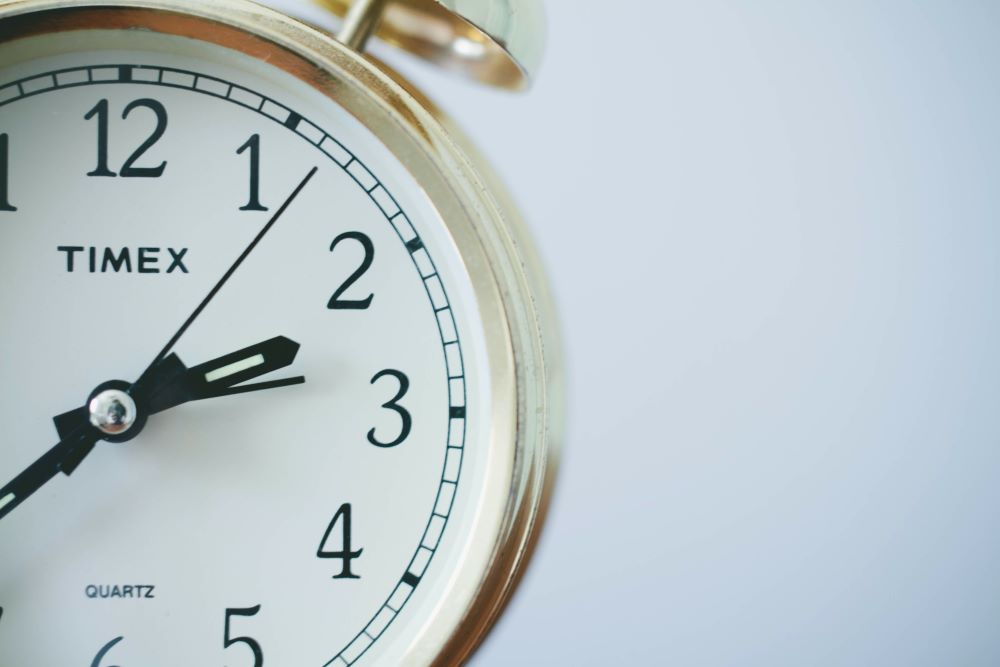Hacking Your Biological Clock
Posted by JOANNA C

Among the latest buzzworthy trends in the supplement arena, sirtuin and all things related to telomeres are some of the most innovative ways to master the aging process. If that sounds like Greek to you, it’s basically anything that helps keep the length of telomeres (the ends of the chromosomes that become shorter and shorter each time a cell divides) from reaching the point where there’s no telomere left to divide.
No telomeres equal the inability for the cells to keep dividing, and it’s the dividing process within all the cells of the body that keeps them (and you) replenished. Aging is generally considered a larger scale of this process which results in less cell turnover and the loss of areas of the body to regenerate and recuperate. With only a certain amount of telomeres present in your body, measuring the length is generally how scientists would determine your biological age.
What if there was a simple way to keep this process from happening that didn’t even involve some of the newest supplements? It turns out there is—and you’re probably already doing it: walking. However, you’re going to need to turn up that pace to get the most benefits out of brisk walking. The results from the University of Leicester speak for themselves: brisk walking can turn back the biological clock by up to 16 years!
Following over 400,000 middle-aged adults, this type of exercise and telomere length was linked for the first time. It may surprise you to know that it’s not going to take much time out of your day either, as just 10 minutes of brisk walking has been correlated with longer life expectancy. It’s really the pace that matters the most here (slow walkers generally have 20 years less life expectancy).
Whether you’re walking slow or fast, the health benefits of walking are definitely there (and also for mental health). If you’re working with supplements and lifestyle choices to support healthy aging, remember that brisk walking can help stack those odds even more in your favor.
Further Reading
Paddy C. Dempsey, Crispin Musicha, Alex V. Rowlands, Melanie Davies, Kamlesh Khunti, Cameron Razieh, Iain Timmins, Francesco Zaccardi, Veryan Codd, Christopher P. Nelson, Tom Yates, Nilesh J. Samani. Investigation of a UK biobank cohort reveals causal associations of self-reported walking pace with telomere length. Communications Biology, 2022; 5 (1) DOI: 10.1038/s42003-022-03323-x
Photo by Sonja Langford on Unsplash

